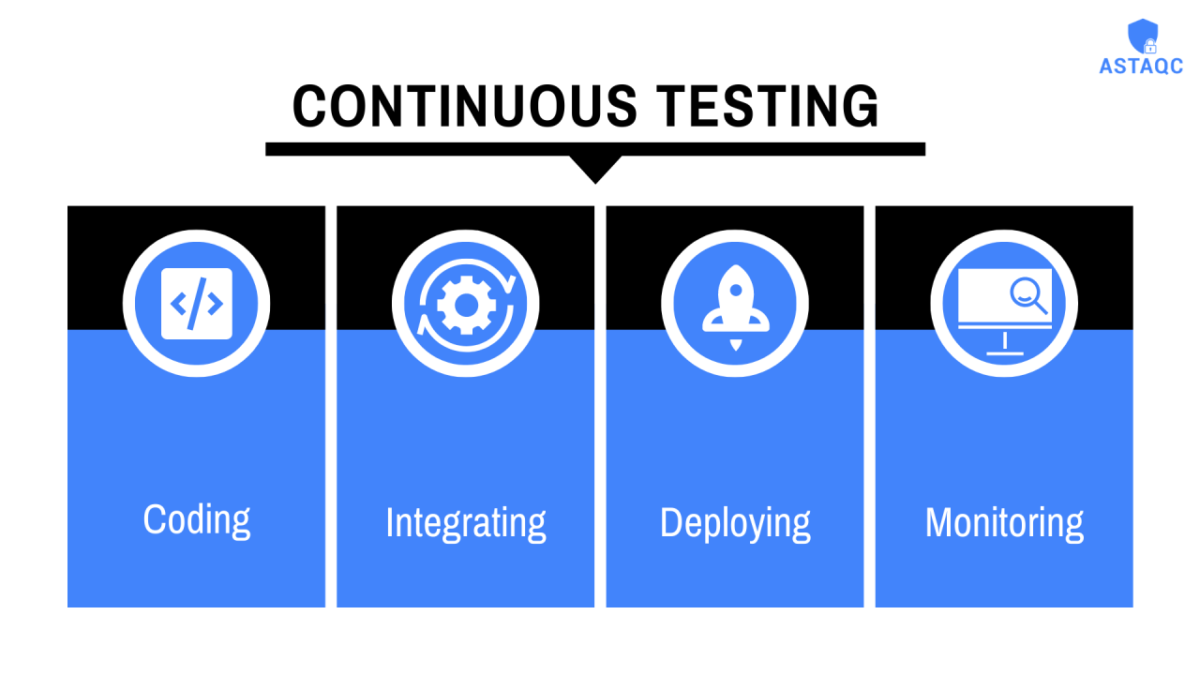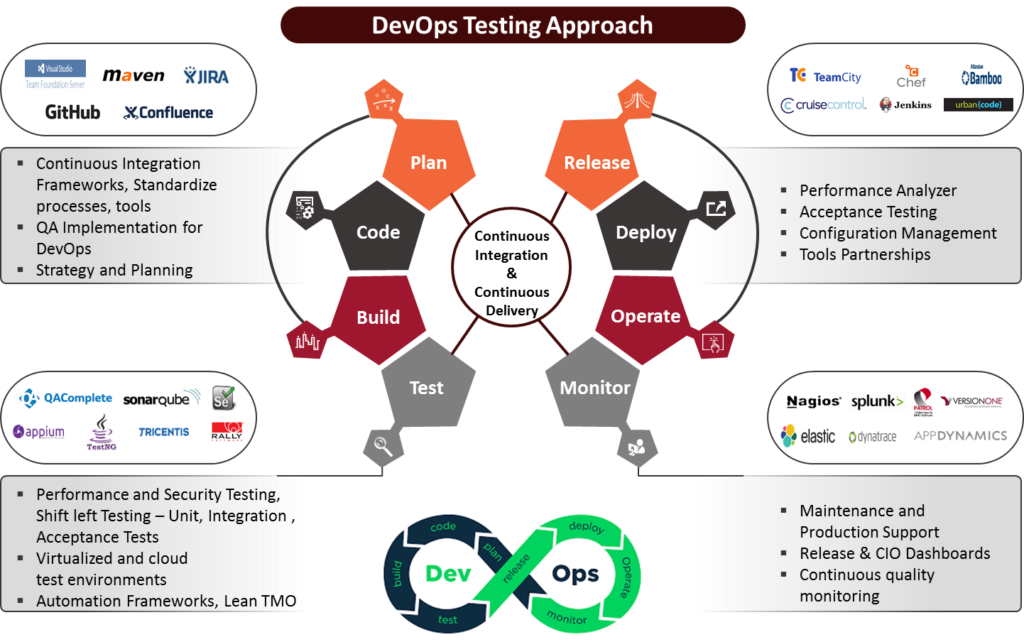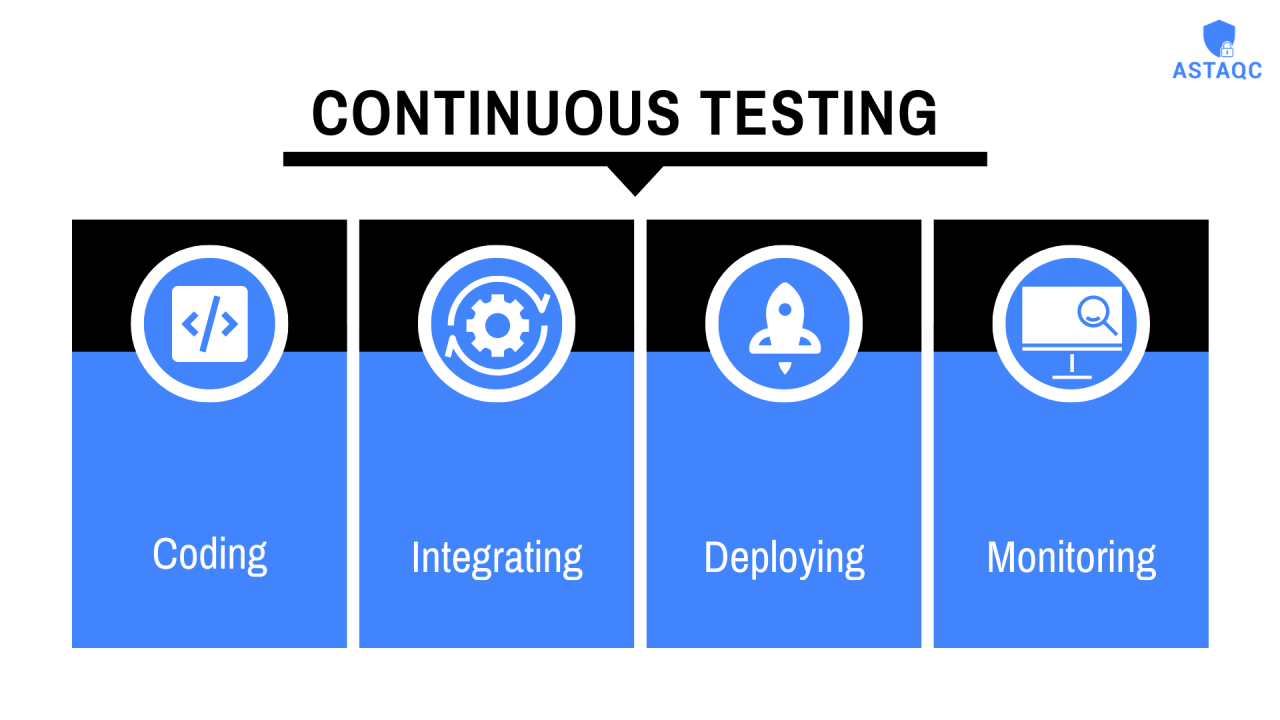
In the world of software testing, test cases play a crucial role in ensuring the quality and reliability of software applications. A test case is a predefined set of conditions and actions that are designed to verify specific features or functionalities of the software. In this blog, we will delve into the concept of test cases, their creation process, and their significance in comprehensive testing.
What is a test case?
A test case is a detailed document that outlines the steps, data, and expected results to validate a particular feature or functionality of the software. It serves as a roadmap for testers to execute the tests and ensure that the software meets the specified requirements. Test cases are designed to cover various scenarios, including positive and negative test scenarios, boundary conditions, and exceptional cases.
How are test cases created?
Test cases are typically created based on requirements documentation, user stories, or functional specifications provided for the software. The process of creating test cases involves the following steps:
a. Identify test scenarios: Review the requirements or user stories to identify the specific functionalities or features that need to be tested. Break them down into smaller test scenarios to ensure comprehensive coverage.
b. Define test steps: For each test scenario, define the steps that need to be executed to validate the functionality. Clearly outline the actions, inputs, and data required to perform each step.
c. Determine expected results: Specify the expected outcome or result for each test step. This should align with the expected behavior defined in the requirements or user stories.
d. Include preconditions and post-conditions: Identify any preconditions that need to be met before executing the test case. Also, consider any post-conditions or cleanup steps required after the test is completed.
e. Organize and document: Structure the test cases in a logical and organized manner, using a consistent format. Document the test case ID, description, steps, expected results, and any additional information or notes that may be relevant.
Why are test cases significant in comprehensive testing?
Test cases play a vital role in ensuring comprehensive testing and validating the software’s functionality. Here are some key reasons why test cases are significant:
a. Requirements validation: Test cases help in validating whether the software meets the specified requirements or user stories. They ensure that the desired functionalities are implemented correctly.
b. Reproducibility: Test cases provide a standardized approach to executing tests, making it easier to reproduce the tests consistently. This allows for accurate comparison of results and better analysis of any issues or defects.
c. Coverage and risk mitigation: Well-designed test cases cover a range of scenarios, including positive and negative scenarios, boundary conditions, and exceptional cases. This helps in identifying defects, reducing the risk of potential issues, and improving the overall software quality.
d. Documentation and communication: Test cases serve as a form of documentation that can be shared and reviewed by stakeholders. They help in communicating the test objectives, steps, and expected results clearly, facilitating effective collaboration among the testing team and other project stakeholders.
e. Regression testing: Test cases become crucial during regression testing, where previously tested functionalities are retested to ensure that changes or updates have not introduced new defects. Having well-documented test cases simplifies the process of retesting and validating the stability of the software.
Conclusion:
Test cases are a fundamental component of the software testing process. They provide a structured approach to validate specific features or functionalities, ensuring that the software meets the specified requirements. By following a systematic test case creation process, organizations can achieve comprehensive testing coverage, improve software quality, and mitigate risks associated with software defects. Test cases serve as a valuable tool for documentation, communication, and reproducing tests consistently, enabling effective collaboration among testing teams and stakeholders
More Related Blog

Continuous Testing and Its Role in the Software Development Cycle
Change is the only constant –this is an often repeated adage. It is equally applicable to the software development cycle. In today’s competitive market where everyone is short on time. Clients and customers are impatient to get results. Business houses … Continue reading "Demystifying Test Cases: Creation and Significance"...
Read More
What is “Shift Left”? 2024 Shift Left Testing Explained
Shift left testing is the practice where testing is introduced at the inception stage of software development. Here, the teams emphasize on prevention rather than detection and aim to enhance the overall quality of the software....
Read More
Agile and DevOps development Model is an Incremental Process (Updated JAN 2024)
Agile methodology is widely adopted in almost all the enterprises, its advantages and the agility it brings to software and product development process is widely recognized. Organizations are now on the path to adopt DevOps, which is a step in … Continue reading "Demystifying Test Cases: Creation and Significance"...
Read More
